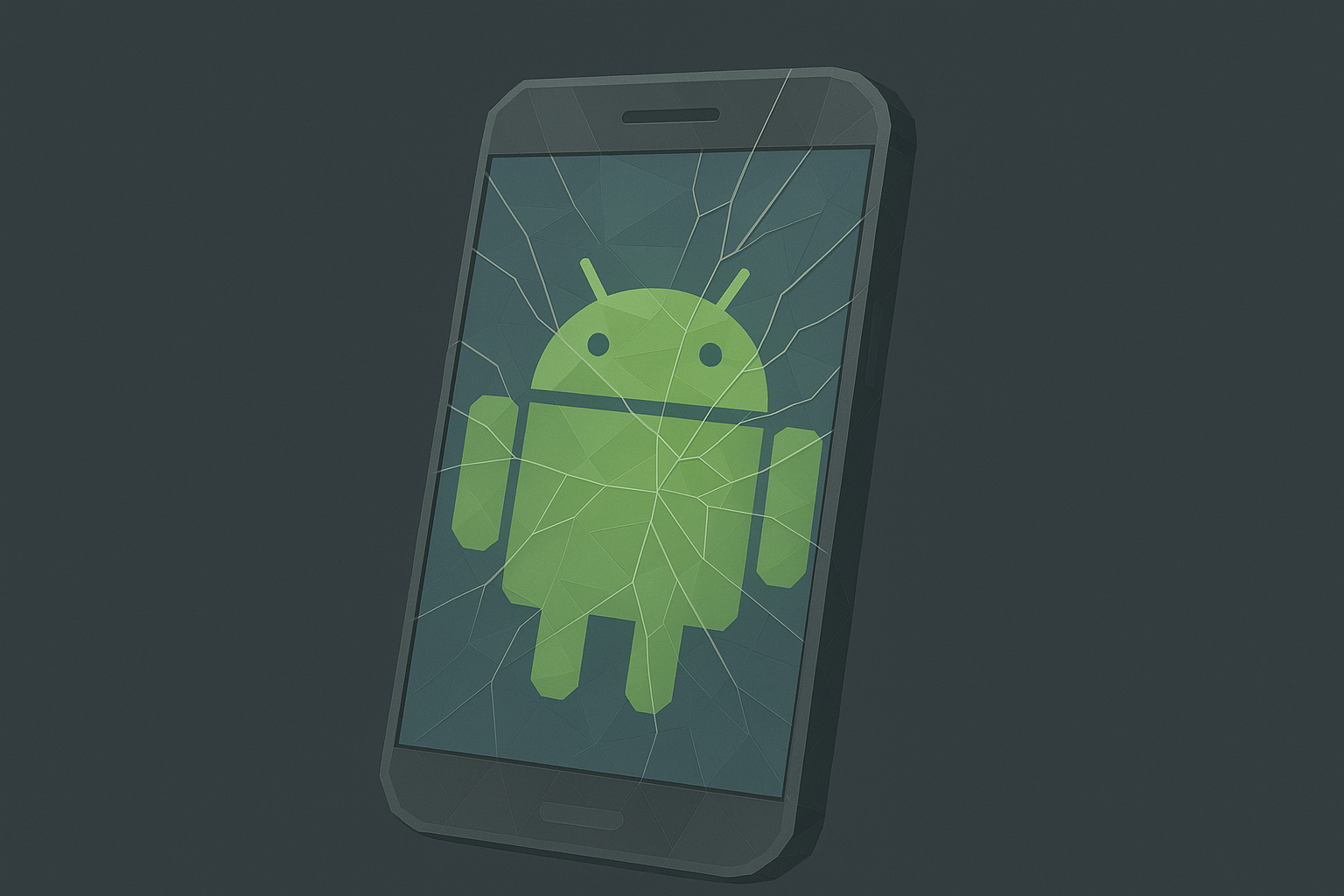Android
Explore threats that target Android devices: vulnerabilities, impacts, and fixes. Essential info for cybersecurity experts and IT professionals.

Thank you! Your submission has been received!
Oops! Something went wrong while submitting the form.


January 8, 2026
MultiApp-CVE-2025-14765
This is some text inside of a div block.
This is some text inside of a div block.
This is some text inside of a div block.


October 3, 2025
CVE-2025-48572 & CVE-2025-48633 Update
This is some text inside of a div block.
This is some text inside of a div block.
This is some text inside of a div block.


October 3, 2025
CVE-2025-21042 Update
This is some text inside of a div block.
This is some text inside of a div block.
This is some text inside of a div block.


October 3, 2025
CVE-2025-21043
This is some text inside of a div block.
This is some text inside of a div block.
This is some text inside of a div block.


October 2, 2025
MultiApp-CVE-2025-10500-10585
This is some text inside of a div block.
This is some text inside of a div block.
This is some text inside of a div block.


September 11, 2025
CVE-2025-38352 & CVE-2025-48543
This is some text inside of a div block.
This is some text inside of a div block.
This is some text inside of a div block.

Lookout Discoveries


Protect Your Company from Cyberattacks
Find out how Lookout can help you safeguard your business against mobile device cyber threats.


